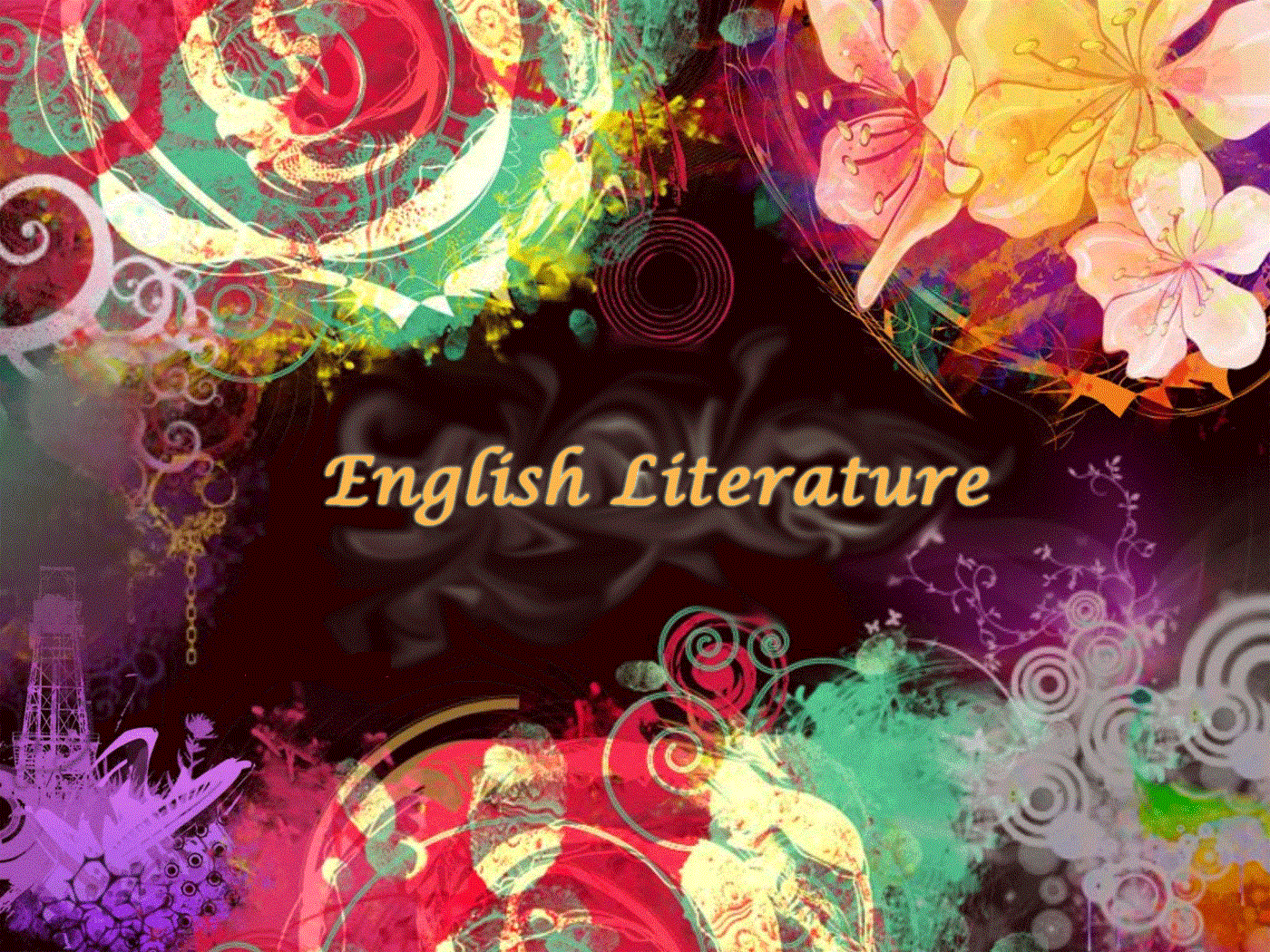

.jpg)






.jpg)




İngiliz Dili ve Edebiyatı Yüksek Lisans Programı
TANITIM, MİSYON VE VİZYON
İngiliz Dili ve Edebiyatı Anabilim Dalı 2011-2012 Eğitim Öğretim Yılı Bahar yarıyılı itibarıyla lisansüstü öğrenci alımına başlamıştır. Amacı İngiliz dili, edebiyatı ve kültürü konularında disiplinler arası tarzda eğitim-öğretim ve araştırma faaliyetlerinde bulunmak ve öğrencilerinin bilimsel araştırmacı özelliklerini kazanmasına yardımcı olmaktır. Öğrenimleri süresince öğrencilere Anabilim Dalının zengin görsel-işitsel kaynakları da kullanılarak kuramsal bilgi ve uygulama becerileri kazandırılarak, İngiliz edebiyatının farklı dönemlerindeki yazınsal metinler ya da İngiliz dilbiliminin çağdaş ölçütleri çerçevesinde yazınsal dil ve söylem üzerine bilimsel çalışmalar yaptırılır. Tanınmış araştırmacıların katıldığı konferanslar ve gerek tanınmış İngiliz/Türk yazar ve şairlerin gerekse de Bölüm mensuplarının sunduğu konuşma ve tebliğlerle verilen eğitimi zenginleştirilmektedir. Yürütülen tüm programların eğitim-öğretim dili İngilizcedir.
PRESENTATION
Being one of the three official candidate countries for accession to the European Union, Turkey, nowadays more than ever, opens its social and cultural context to the complexity of Western tradition, universal values, and multiculturalism.
In this respect, there is a growing need for specialists possessing sound knowledge and professional efficiency in the fields related to understanding and assimilation of Western values, where universities emerge as a factor of primary importance in the process of formation of such specialists.
Among the university disciplines, which provide the absorption and dissemination of Western and, in particular, European social and cultural values, are those representing the academic field of ‘English Language and Literature’ or ‘English Philology’.
Due to the fact that English Philology is a relatively new field in the framework of the Turkish higher education system and with few specialists in the domain, it is vital and necessary to implement a program at the graduate level (Master of Arts) in order to train new generations of specialists in world and European culture and literature, in general, and, in particular, in English language and literature.
A Master of Arts program in English Philology provides the understanding and interest concerning literary work, the formation of a modern view on literature and art, the acquisition of the most recent theoretical and critical advances in the field of literary and cultural studies.
A Master of Arts program in English Philology is also important for the development of analytical thinking and the capacity to make associations and comparisons of different writings from national and world literature, which would lead eventually to the acquirement of the knowledge of literary phenomenon in general as well as of particular authors and texts, their artistic values and message.
The broad exemplification and comparison allow for the logical abstractization and generalization with regards to the contribution of literature to the consolidation of a national and a European cultural identity, along with special insights into issues regarding, history, mentality, race, nationality, gender, globalism, ethics, and art of the Western world.
In this respect, a Master of Arts program in English language and literature aims to provide the students with theoretical knowledge and analytical and creative skills as to understand and evaluate literature from an academic point of view by learning – through reading literary texts and literary criticism texts – the characteristics, literary conventions and genres, movements and trends, main writers and major works, and the literary interaction and continuity of different periods until post-modernity.
A Master of Arts program in English language and literature is also designed to develop and enhance the students’ critical and comparative skills as well as oral communication and writing skills in a foreign language concerning artistic creativity and resourcefulness of literature, a major purpose being the inquiry into the literary practice and cultural milieu of the different periods in British and Western literature.
Apart from this, the major focus is on the writer and the work, a focus which puts forward as other objectives the study and evaluation of the literary texts in terms of text analysis regarding the literary concepts and literary theory and criticism, as well as how they reflect their time and represent important sources of insight into issues of culture, philosophy, ethics, and gender, revealing national mentality and cultural identity along with intertextual and cross-cultural perspectives.
By engaging with analysis and different interpretative perspectives, the students recognize the relationship between literary theory and practice, and come to think historically and understand the relationship between the aesthetic dimension of the written text and the wide range of social, cultural and other relevant contexts which emerge as the sources of the literary work and as being reflected in the work.
By enhancing the knowledge and understanding of a foreign language, and by developing skills in oral and written exposition and argumentation of ideas, the students emerge as independent learners and thinkers, able to transfer the acquired knowledge and intellectual skills to further academic work or to different employment and life experiences.
The specialist emerging from a Master of Arts program in English language and literature may find opportunities of employment in all education establishments from primary and secondary to higher education institutions, as well as in governmental bodies, institutes of scientific research, cultural organizations, publishing houses, and other institutions.